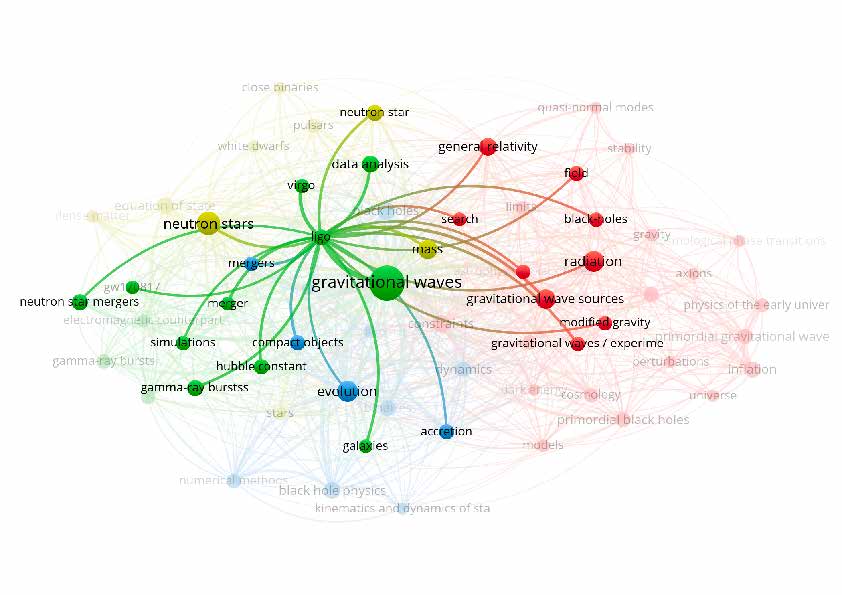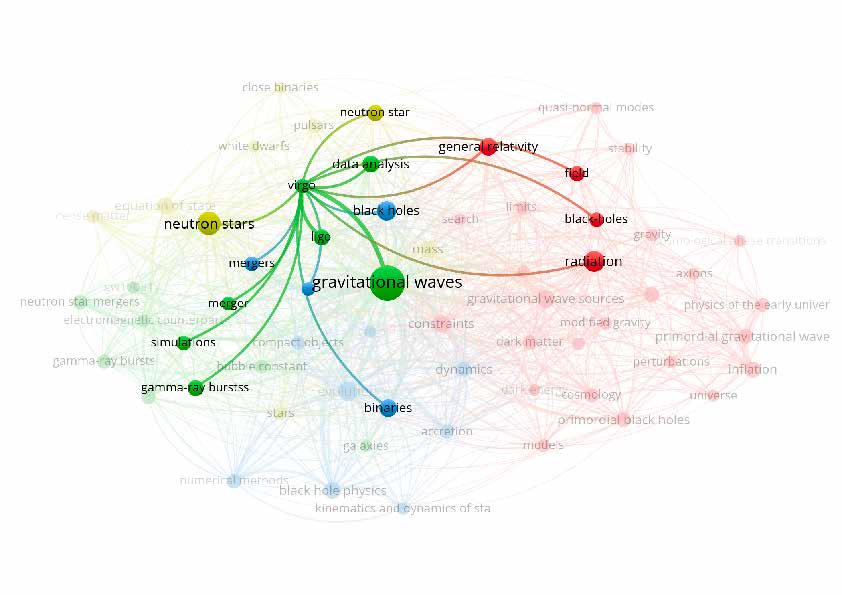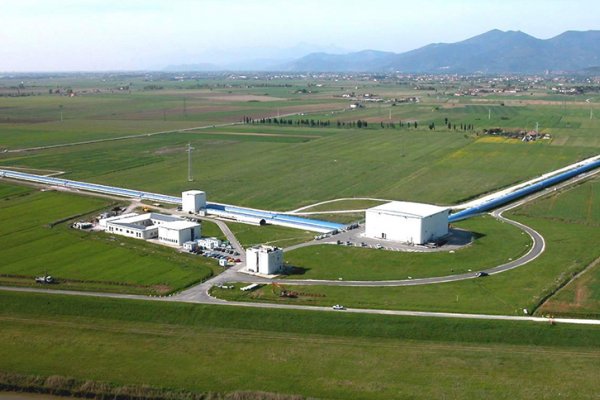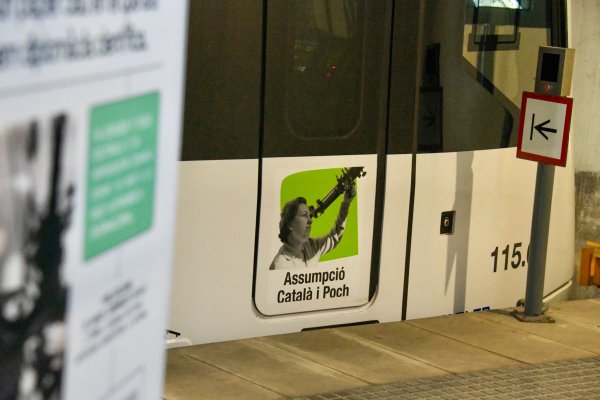Science is often imagined as purely objective and rational, but being a human endeavor, it shares the same lights and shadows of all the other human enterprises. In particular according the Matthew effect there is an imbalance in the way credit for scientific work is assigned by peers: roughly speaking, this means that in the case of collaborative work or multiple simultaneous discoveries, the already famous scientists get all or most of the credit.
In this paper led by researcher Livia Conti (former head of Virgo Outreach), and with the collaboration of Pablo Barneo from the Institute of Cosmos Sciences of the University of Barcelona (ICCUB-IEEC), researchers consider the specific case of LIGO, Virgo and KAGRA, where we detect a similar pattern of imbalance in the assignment of due credit by many members of the wider scientific community.
In 2015, scientists from LIGO and Virgo made a groundbreaking discovery: they found gravitational waves (GW), a phenomenon predicted by Einstein a century earlier. This important finding was announced to the public in early 2016. Since then, the collaboration between LIGO, Virgo, and KAGRA has detected nearly a hundred signals during three observing runs, using Advanced LIGO detectors in the US and the Advanced Virgo detector in Italy. These discoveries have sparked widespread interest, turning GW-based astrophysics and cosmology into a thriving area of scientific research.
Although the LIGO and Virgo Collaborations have been acting as a single collaboration since 2007, the team noted that this is not always recognized in the wider scientific community where it is frequent to find that shared results are attributed to LIGO only: in other words the narrative of the scientific developments is biased, with a potential impact on the history of science itself as well as on the careers of young scientists associated with Virgo or KAGRA. This problem propagates to funding agencies, which are influenced by the media mirroring the incomplete credits given by some of the problematic papers.


in the number of citations to LIGO and Virgo. Credit: VIRGO Collaboration
The observation of this biased narrative in a steadily growing number of papers prompted the team to implement an approach to systematically detect it, and if possible correct it. For 1 year starting from January 2022 they check all preprints appearing daily in the arXiv repository citing 'LIGO': we find on average 8 problematic, corresponding to about 9% of all papers containing the word “LIGO”.
The study not only focuses on identifying the problem at hand, but it also presented a solution. The team started asking the authors of problematic papers to fix their texts with the goal to convince the scientific community of the necessity of a correct scientific narrative. This initiative received replies from 48% of the recipients of requests, and the vast majority expressed understanding and their willingness to edit the preprints at the next occasion. The researchers found that their actions did partially correct the situation, as a follow-up analysis verified that some of the papers are indeed fixed.
The knowledge of the social dynamics of this particular cognitive bias is still quite poor and lots of work could be done to answer several remaining questions. In particular, it would be interesting to detect and quantify the time that the scientific community takes to correct this bias: this would shed light on socially accepted habits in this field of science. Similar studies in other fields of knowledge could yield different values that could help characterize the different scientific communities.
Finally we note that here we have focused on issues related to the visibility of the Virgo Collaboration. However, the LIGO Scientific Collaboration and Virgo Collaboration have been joined in the beginning of 2021 by the KAGRA Collaboration in co-authoring observational results from the full third observational period O3. Hence, it would be interesting to extend the study of cognitive bias by considering KAGRA as well.



